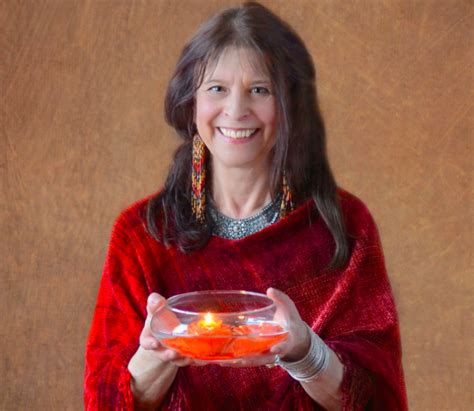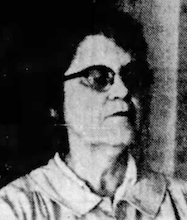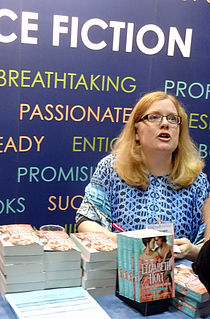A Quote by Shabana Azmi
It seems kosher and OK to treat women as objects because the business of cinema is about images and when you have fragmented images of a woman's bosom and her swiveling hip and her twisting navel, it robs the woman of all autonomy and subjects her to the male gaze.
Related Quotes
Adultery is in most cases a theft in the dark. At such moments almost every woman betrays her husband's innermost secrets; becomes a Delilah who discloses to a stranger, discloses to her lover, the mysteries of her husband's strength or weakness. What seems to me treason is, not that women give themselves, but that a woman is prone, when she does so, to justify herself to herself by uncovering her husband's nakedness, exposing it to the inquisitive and scornful gaze of a stranger.
But truly, women are amazing. Think about it this way: a woman can grow a baby inside her body. Then a woman can deliver the baby through her body. Then, by some miracle, a woman can feed a baby with her body. When you compare that to the male’s contribution to life, it’s kind of embarrassing, really.
A woman caring for her children; a woman striving to excel in the private sector; a woman partnering with her neighbors to make their street safer; a woman running for office to improve her country - they all have something to offer, and the more our societies empower women, the more we receive in return.
We are born of woman, we are conceived in the womb of woman, we are engaged and married to woman. We make friendship with woman and the lineage continued because of woman. When one woman dies, we take another one, we are bound with the world through woman. Why should we talk ill of her, who gives birth to kings? The woman is born from woman; there is none without her. Only the One True Lord is without woman
Women's stories are as powerful, inspiring, and terrifying as the goddess herself. And in fact, these are the stories of the goddess. As women, we know her because we are her. Each woman, no matter how powerless she might feel, is a cell within her vast form, an embodiment of her essence, and each woman's story is a chapter in the biography of the sacred feminine.
To say anything about women and men without marking oneself as either feminist or anti-feminist, male-basher or apologist for men seems as impossible for a woman as trying to get dressed in the morning without inviting interpretations of her character. Sitting at the conference table musing on these matters, I felt sad to think that we women didn't have the freedom to be unmarked that the men sitting next to us had. Some days you just want to get dressed and go about your business. But if you're a woman, you can't, because there is no unmarked woman.
The misnamed "feminine" woman, so admired by her creator, man - the woman who is acquiescent in her inferiority and who has swallowed man's image of her as his ordained helpmate and no more - is in reality the "masculine" woman. The truly feminine woman "cannot help burning with that inner rage that comes from having to identify with her exploiter's negative image of her," and having to conform to her persecutor's idea of femininity and its man-decreed limitations.
I talked to my mother about it a lot. I asked her what it was like to grow up in New York and Harlem in the 1920s and 1930s, and I asked her about a woman leaving her husband. I asked her about how she would feel about that woman, and my mother grew up in the Church Of God In Christ, and she told me that the woman might be isolated because the other women thought she might go and come after their husbands. That's how they thought then.
Rebecca held her head high and swanned across the hallway, but as she neared the footman, she could see quite plainly that his gaze was not where it should be. She stopped dead and slapped her hands over her bosom. "Its too low, isn't it? I knew I shouldn't have listened to that maid. She might not mind her boobies hanging out for all to see, but i just can't-" Her brain suddenly caught up with her mouth. She removed her hands from her bosom and slapped them over her awful, awful, awful mouth.
For a female to write about her feelings, and then be portrayed as some clingy, insane, desperate girlfriend in need of making you marry her and have kids with her, I think that's taking something that potentially should be celebrated - a woman writing about her feelings in a confessional way - that's taking it and turning it and twisting it into something that is frankly a little sexist.




































